BA Single Honours Studies in Primary Education
Undergraduate
- Start date
- –
- Study mode
- –
- Course length
- –
- UCAS Code
- –
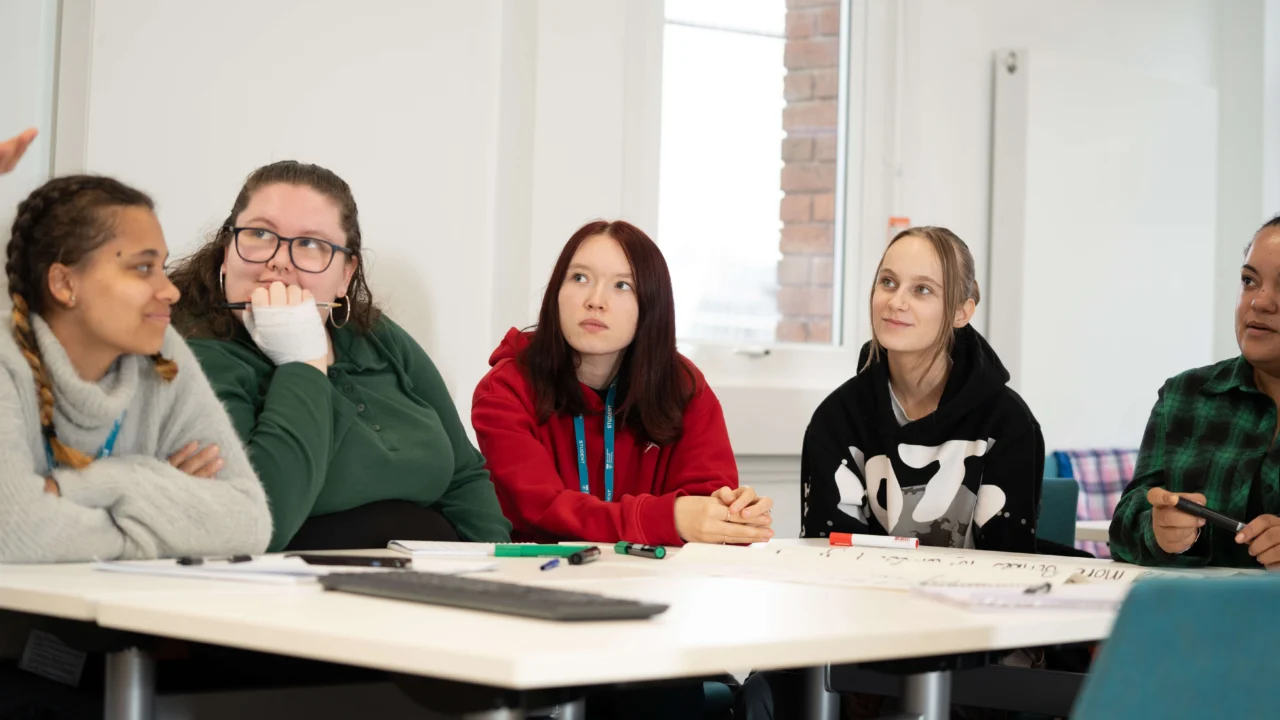
Interested in a different start date?
Discover how professional development supports inclusive practice and classroom confidence.
The BA (Hons) Studies in Primary Education at Birmingham Newman University offers an inspiring, research-informed route into the study of education and the contemporary challenges education faces. Adopting a multi-disciplinary approach, this degree draws upon psychology, philosophy, sociology and history to explore education as an academic discipline. If you are passionate about supporting children’s development and helping every learner thrive, this course provides the theoretical foundations, critical insight and practical enquiry you need. You will explore how children learn across the primary age range while building understanding of inclusive pedagogy, curriculum design and educational policy. From your first day, you’ll join a university community that values collaboration, reflection and growth.
Why study this course?
The BA (Hons) Studies in Primary Education offers a thought-provoking, values-led route into the wider world of education. Grounded in psychology, sociology and philosophy, this degree invites you to explore how children learn, what education means in society, and how you can drive positive change. Whether you are preparing for teacher training or seeking a broader foundation in educational practice, you will develop the confidence, insight and critical thinking needed to make a meaningful impact.
‘Studies in Primary Education at Birmingham Newman University is designed for those who want to make a lasting difference in the world. This popular degree helps you explore the wider education system while developing essential skills in critical thinking, creativity and collaboration. You’ll be supported to grow as both an educator and a person, through a caring partnership between students and staff.
We’re proud of our national recognition. In 2025, our Education programme was rated in the top 10 across all UK universities by the Daily Mail, which reflects the passion and enthusiasm shared by our staff and students. We look forward to welcoming you to the programme.’ Dr Ben Johnson, Programme Lead, Studies in Primary Education
Explore Curriculum, Context and Inclusive Practice
You will examine key themes across the primary curriculum, from child development and inclusive pedagogy to curriculum design and social justice. Through collaborative projects, reflective workshops and community-based research, you will investigate real-world challenges and design creative interventions to support diverse learners. You will also explore frameworks such as the National Curriculum, SEND legislation and safeguarding policy, building a strong understanding of how education works in practice. While this course does not include formal school placements, work-related learning is embedded throughout, preparing you for PGCE routes, education consultancy or wider roles in support and advocacy.
Supportive and Personalised Learning
At Birmingham Newman University, you will be part of a close-knit academic community that values your lived experience and empowers you to shape your own learning. Our co-construction model means your interests help guide the curriculum, while small-group seminars and one-to-one mentoring ensure your development is purposeful and personal. You will graduate with a rich portfolio of transferable skills, from communication and leadership to research and reflective practice, and a clear sense of where you want to make a difference. Whether you choose to pursue teacher training, work in educational support or explore policy and outreach, you will be equipped to lead with empathy, insight and impact.
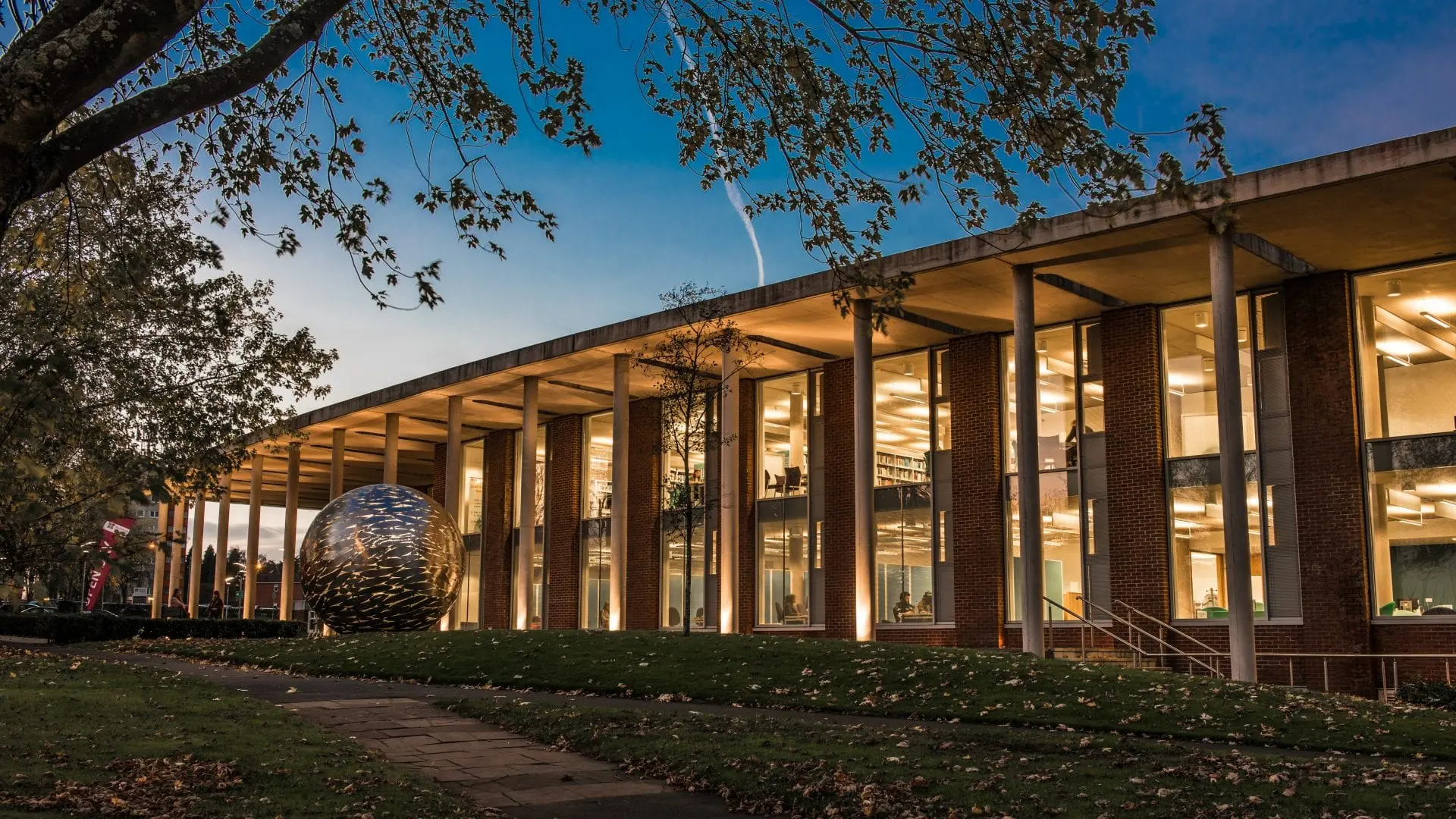
Got a question you’d like to ask?
Entry requirements
We welcome students from all backgrounds and accept a wide range of qualifications. If yours aren’t listed, don’t worry – our Admissions Team can help you explore your options. See full entry requirements.
• A-Level: Grade profile of CCC or 96 UCAS Tariff Points.
• BTEC: Grade profile of MMM. This can be achieved from either an Extended National Diploma or a combination of smaller BTEC qualifications.
• T-levels: A T-level with an overall Pass (A*-C) grade.
If English is not your first language, you must have the following IELTS score:
· Foundation courses: A Secure English Language Test equivalent to IELTS 5.5 IELTS with a minimum of 5.5 in each component.
· Undergraduate courses: A Secure English Language Test equivalent to IELTS 6.0 with a minimum of 5.5 in each component.
Other English language qualifications are also accepted. Please contact admissions for further information.
Please contact Admissions if you have any questions.
Course fees
The tuition fee for academic year 2026/27 is: £9,790. Tuition fees for courses starting April to May 2026, fall within the 2025/26 academic cycle.
Fees for the 2025/26 academic year can be found on our Student Finance pages.
Additional costs
The University will review tuition fees and increase fees in line with any inflationary uplift as determined by the UK Government, if permitted by law or government policy, in subsequent years of your course. It is anticipated that such increases would be linked to RPI (the Retail Price Index excluding mortgage interest payments).
Check out our blog/news/events
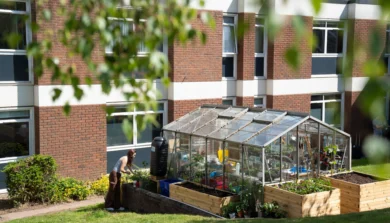
Birmingham Newman Celebrates Green Week 2026 with Campus‑Wide Events
Birmingham Newman will host its annual Green Week from 23 to 27 February 2026, bringing…
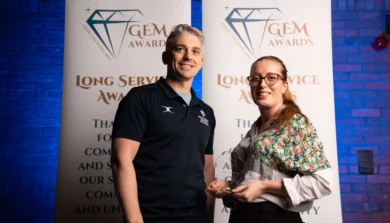
Research that makes a difference: Mark Holland wins Most Impactful Project Award
In December, we held our Staff Awards, where we recognised the outstanding achievements of colleagues…

Sports Coaching students Deliver Coaching Sessions for Local Primary Pupils
Birmingham Newman University recently welcomed pupils from St Peter’s Primary School to campus as part…

Vice-Chancellor Professor Jackie Dunne awarded MBE in New Year Honours
Vice-Chancellor of Birmingham Newman University receives an MBE for services to Higher Education.

Birmingham Newman University Celebrates Staff Achievements at Annual Awards
Birmingham Newman University celebrates its staff at the Annual Staff Awards Celebration.

Book an open day
Find out about our next open day. Book now to secure your place.
Placement information
Our Careers team provides tailored advice, placements and workshops to help you build confidence and prepare for life after university.?
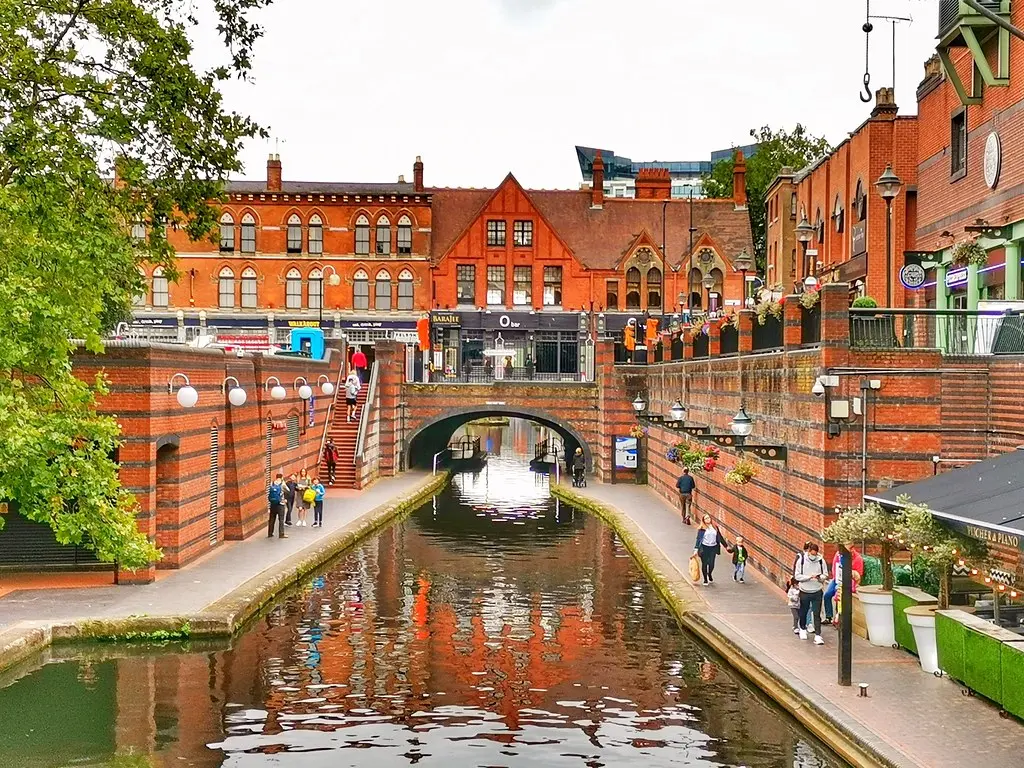
Where This Course Can Take You.
You will graduate with a robust grounding in educational theory and practice, ready to progress to teacher training via a PGCE or move into related careers in education, community outreach or policy. Newman graduates are sought after for their critical thinking, adaptability and commitment to inclusive learning. Whether you choose to specialise in educational support, policy, research or leadership, you will be equipped to make a lasting difference in children’s lives. You will also become part of a supportive alumni network that continues to inspire and connect professionals across the sector.
Accreditations and Exemptions
This course does not award Qualified Teacher Status (QTS), but it provides a strong foundation for postgraduate teacher training, including PGCE routes. Birmingham Newman University guarantees you an interview for its PGCE Primary programme upon graduation. The degree is academically rigorous and widely respected, opening doors to careers in education consultancy, support services, youth work, social care and more. While it does not offer exemptions from other professional bodies, it equips you with the credibility, adaptability and critical thinking needed to thrive across the education sector whether in schools, community settings or policy environments.
Courses we think you'll also like

BA (Honours) Secondary Education Physical Education 11-16 with Post 16 enhancement (with recommendation for QTS)
- Start date:
- September 2026

BA (Honours) Secondary Education Humanities (History, Geography and RE) 11-16 with Post 16 enhancement (with recommendation for QTS)
- Start date:
- September 2026
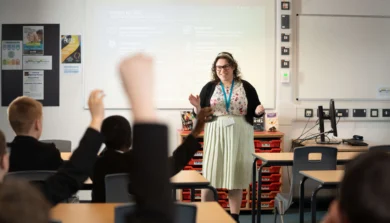
BA (Honours) Secondary Education English 11-16 with Post 16 enhancement (with recommendation for QTS)
- Start date:
- September 2026
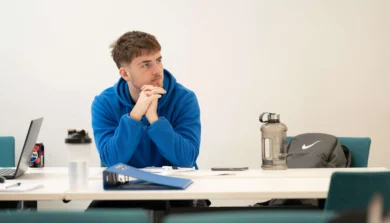
PGCE Secondary Religious Education with recommendation for QTS
- Start date:
- September 2026
